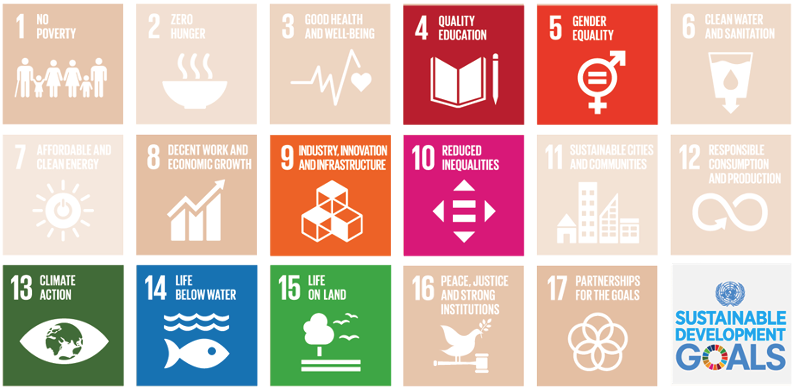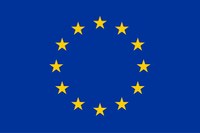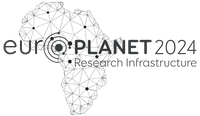Europlanet WorkshopSeries

Space has become an attractive frontier for African countries that have launched satellites based on scientific, technological or political ambitions. Satellites are used for Earth observation, communication, navigation atmospheric studies, astronomical observations and military applications, and more.
EPN-2024-RI’s global collaboration and integration NA Task 4 aims to inspire and encourage planetary science and space technology development across borders in developed and developing countries and across the spectrum of academia, industry and civil society. In making the distributed planetary RI available to more scientists and industries worldwide, EPN-2024-RI will facilitate a more integrated and interconnected global planetary science community and stimulate the creation of opportunities that have the potential for immense impact on the environment, culture, socio-economic development and prosperity.
One of the actions in the global collaboration and integration NA Task 4 will be the organisation of training activities in African countries to create local experts with the skills and technical capability to work independently on planetary science projects, therefore producing long-term goals and creating conditions for new scientific partnerships between EU and non-EU countries.
Global Collaboration and Integration Development
Global collaboration and Integration development are strategic priorities of the Europlanet 2024 RI. Our target is to strengthen and expand the European planetary science community by providing opportunities for collaborative and culturally agile engagement with the international planetary science community.
Europlanet 2024 Research Infrastructure has published a Strategic Plan for Global Collaboration and Integration Development.
The long-term goals at the root of the Strategy are to create the conditions for new scientific partnerships between EU and non-EU countries. Enhancing planetary science links between EU and non-EU countries will underpin growth in the scientific community and the free circulation of ideas. However, economic, political and social commitments within global partnerships will only succeed through sustainable development, equality in the allocation of available resources and the building of trust on both sides.
SUSTAINABLE GOALS
The Europlanet 2024 RI Strategy for Collaboration and Integration Development 2020–2024 has a key role to play in building a community, resilient infrastructure, fostering innovation, promoting education and gender equality, with sustainable goals such as combatting climate change and preserving forests and oceans. The Strategy for Global Collaborations and Integration Development 2020–2024 has a vision for a better future, not simply as a shared guide but with an active intention to mobilise societal change and channel investments and strategies towards urgent global problems.


This project has received funding from the European Union's Horizon 2020 research and innovation programme under grant agreement No 871149.
